Welcome back to Part II of ‘ Golden Self-help tips to overcome poor sleep’ . This week we will talk about few other measures . A you might remember we talked of Sleep hygiene and Stimulus control measures last week. If you are reading this article for the first time , please note that we are talking of non-medication measures to overcome poor sleep and you might as well want to begin from Part 1 of this article . Alright then, here they are :
- Relaxation training: These are tools to relax an overactive restless mind at bed. Progressive muscle #relaxation, #guided imagery, and abdominal breathing are three most commonly prescribed relaxation tools.
Progressive muscle relaxation training involves methodical tensing and relaxing different muscle groups throughout the body. Ideally they should be done with the help of a clinical psychologist . You may google or see some youtube videos that involve relaxation techniques for further idea into this useful technique.
Guided imagery therapy is another such relaxation tool which is only done under supervision of a trained personnel (usually a psychologist). Here, a person is lead to focus on some specific imaginary objects and processes which helps overcome fears and maladaptive pattern of thinking associated with one’s insomnia.
- Cognitive therapy: It is a very effective insomnia management modality. It involves a face-to-face session with a trained psychologist who seeks to change the patient’s overvalued beliefs and unrealistic expectations about sleep. Common #cognitive distortions that are identified and addressed in the course of treatment include: “I can’t sleep without medication,” “I have a chemical imbalance,” “If I can’t sleep I should stay in bed and rest,” “My life will be ruined if I can’t sleep.” With this therapy supervised by the psychologist, he /she can tide over arousal provoking thoughts at night by own effort.
- Sleep restriction : Decreasing the time spent in bed automatically ensures you are asleep most of the time you spend in bed unlike previously when you might spend more than half your time awake in bed. In initial phases of treatment of insomnia, a person is asked to stay in bed for a duration shorter than his/her daily sleep requirement. For example, if seven hours of sleep is adjudicated as essential for you to feel refreshed, the doctor will ask you to remain in bed for only 6 hours. By this method, in a few days your body automatically sets itself to sleep when you go to bed. Counter-intuitive it may seem, but this method works because the mild sleep deprivation will push you to sleep the following night. Overtime when sleep continuity substantially improves, time in bed is gradually increased, to provide sufficient sleep time for you to feel rested during the day, while preserving what has been achieved in terms of rapidity of sleep onset. It is always best to be supervised for sleep #restriction by your doctor.
We believe we have been able to convey to you 3 more useful measures to help overcome insomnia. Next week we shall come with 2 more measures, which will be the final part of this blog. Till then, do practice the measures in Part 1 and 2. See you next week.
Best wishes !
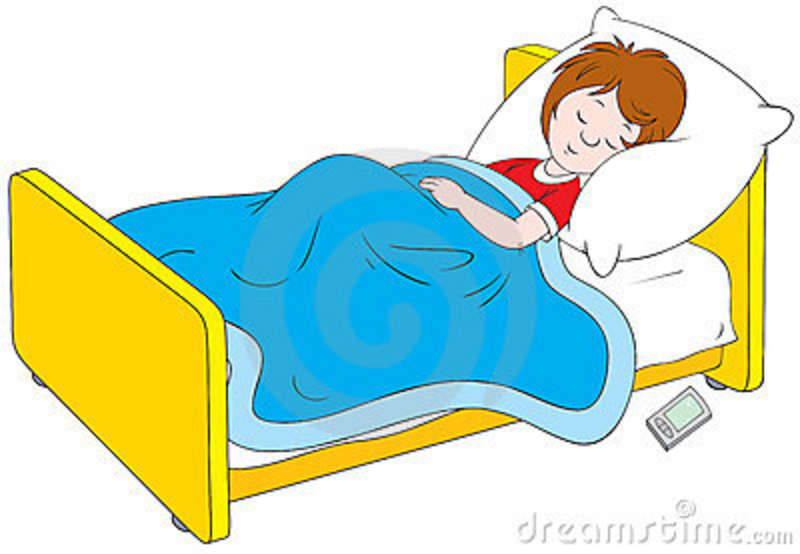

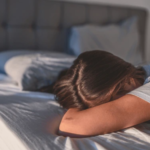


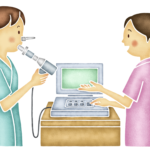
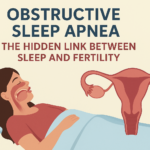


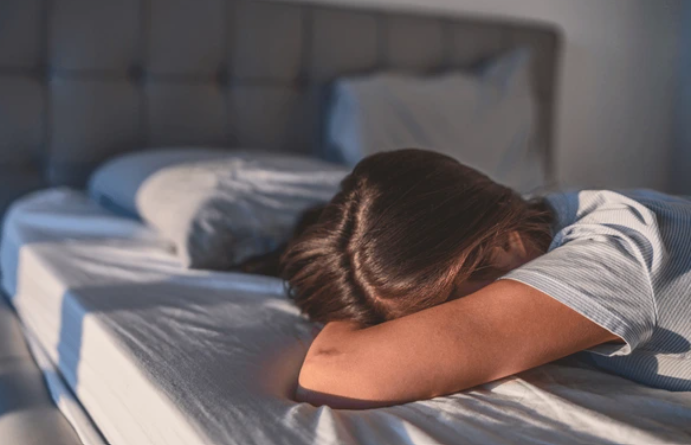
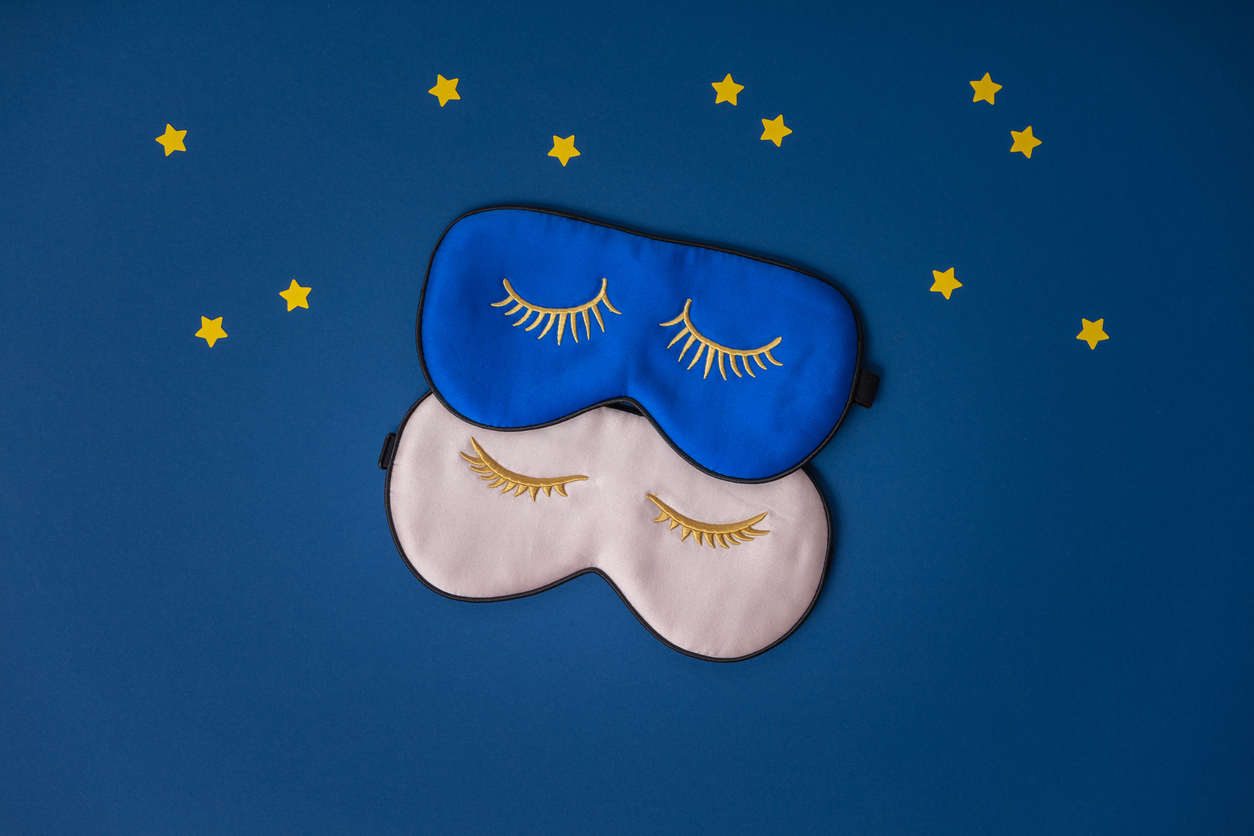
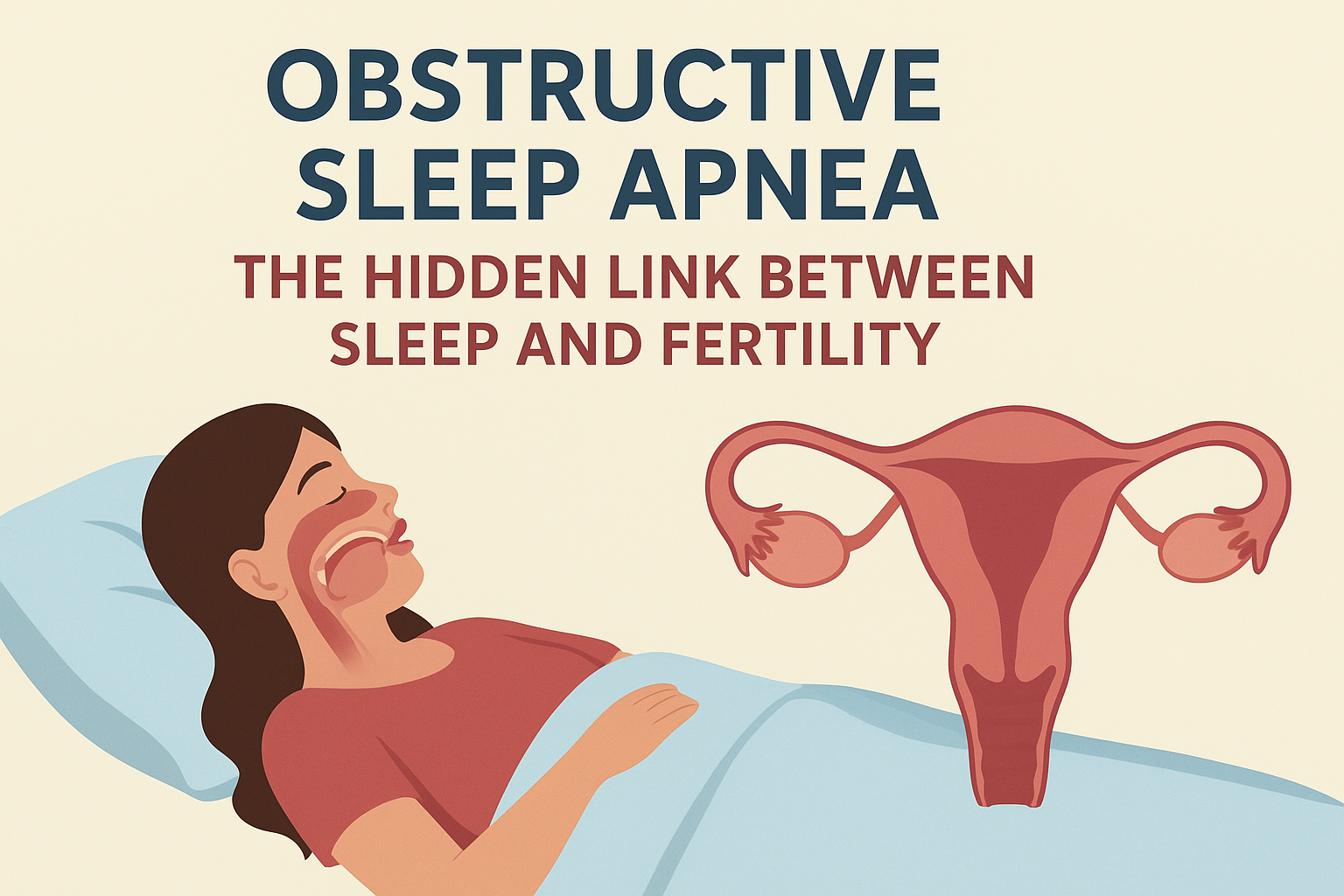
I could not resist commenting. Well written! http://yahoo.org/